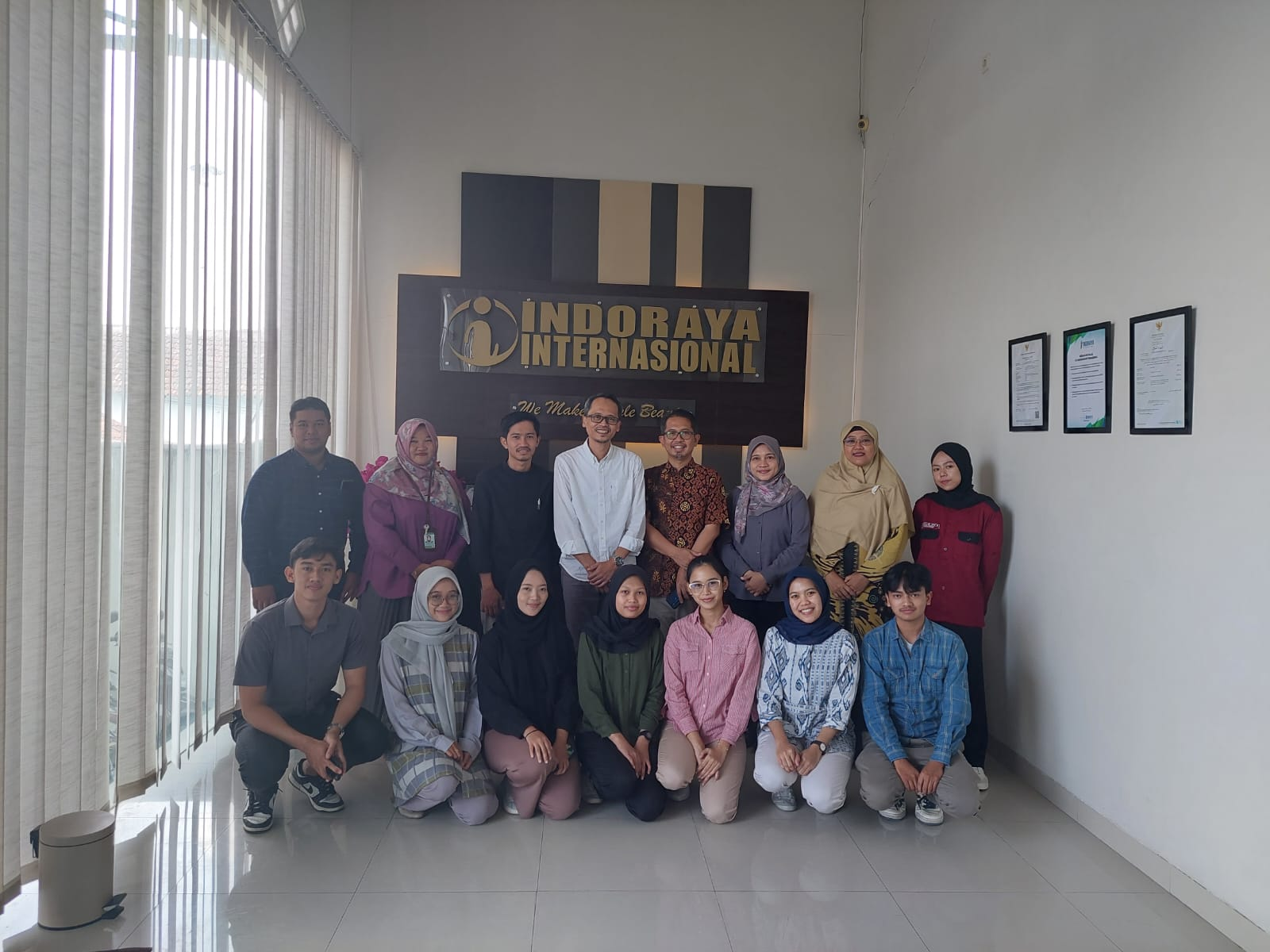Dry mouth (xerostomia) can negatively impact oral health, leading to bad breath (halitosis) and oral fungal infections, which can subsequently cause digestive system disorders. Xerostomia is caused by a lack of saliva production, often requiring increased water intake as a standard therapy
Several studies have been conducted to find alternative solutions for xerostomia, including one by a collaborative research team involving the Faculty of Dentistry, the Department of Fisheries of the Faculty of Agriculture, and the Faculty of Pharmacy at UGM in partnership with CV Indoraya Internasional.
On Tuesday (11/06), the research team, led by FKG UGM Oral Disease Specialist Dr. drg. Hendri Susanto, M.Kes., Ph.D., Sp.PM held a follow-up discussion on the product "Clarisamine," a breakthrough treatment for dry mouth in the form of artificial saliva based on catfish mucin (Clarias sp).Clarias sp).
“Our research has been funded by the Matching Fund Program from the Directorate General of Higher Education, Research, and Technology of the Ministry of Education, Culture, Research, and Technology in 2024. We have reached the Final Product Formulation stage,” said Dr. Hendri, the Research Team Leader. “We hope the research proceeds smoothly until the downstream process,” he added.
This innovative research also involves undergraduate students from the Dentistry and Fisheries Product Technology programs as part of the Merdeka Belajar Kampus Merdeka (MBKM) program.
FKG UGM, as a higher education institution upholding the Tri Dharma of Higher Education, strongly supports research activities with a broad impact. This research also demonstrates FKG UGM’s commitment to supporting the realization of the Sustainable Development Goals (SDGs), especially goals 3 (Good Health and Well-Being), 4 (Quality Education), 9 (Industry, Innovation and Infrastructure), 12 (Responsible Consumption and Production), and 17 (Partnerships for the Goals). By conducting research involving students and spans across disciplines to develop artificial saliva based on local Indonesian natural materials, innovative products are hoped to benefit the Indonesian population's health status.
Author: Nadia Fauzia

